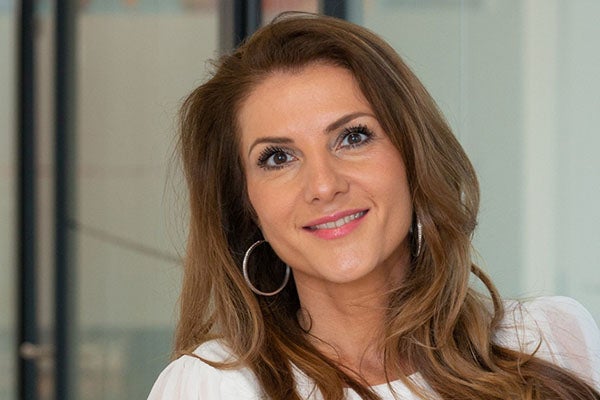Suppose you prepared your job interview very thoroughly. You’ve put on your best outfit, and you can easily answer most of the questions. But there is one question you may have overlooked: 'What are your flaws and weaknesses?’
This is a common question during a first interview, yet many candidates forget to prepare for it, or cannot answer it easily. For many professionals, it feels a bit strange to talk about their weaknesses during a job interview. Staffing specialist Walters People shares some tips.
Middle ground
The goal of a job interview is to sell yourself. It’s important to be honest, but you shouldn’t be too hard on yourself. Try to find out if there is some sort of middle ground, which combines both. It's best not to say, for example, that you don’t like working in a team, if that is what is expected of you in the job you’re applying for. As an accountant, you probably don’t want to tell that you are inaccurate or bad with numbers. A creative person who is not as good with numbers is much less of a problem.
What not to say?
Some professionals hope to have found a better solution to that difficult question by answering with a positive trait, but that does not allow them to give a clear answer. The candidate answers with things like: 'I am sometimes too perfectionist' or 'I work too much'. Try to avoid making such statements, they can have a negative effect on your credibility.
Others start talking too fast and may unintentionally put words in the recruiter's mouth. For example, drawing the attention to a diploma they have not obtained, even though this was not asked for. The fact that you have been invited for a job interview usually means that the type of diploma less important to the employer. Your interviewer may not have thought of it at all, but by bringing it up yourself, you unintentionally put yourself in a less positive position.
What can you say?
So, what can you say? When you are asked about your weaknesses during a job interview, it is best to talk about your areas for improvement. This has a better connotation and yet you indicate where you could improve. That is something every recruiter or employer will be pleased to hear. For example, you can say: 'I am not always equally stress resistant, but I have already made progress in this.' Or: 'I would like to improve my presentation skills a little more.’It is important to clarify that you want to improve your weaknesses, or that you are doing your best to become a better employee.
Clarify your answer
Note that once you have answered the question about the things you could improve in, the interview is probably not over yet. The interviewer will most likely ask you to explain exactly how you would like to work on these weaknesses. Answering this question correctly also requires some preparation. Find out for yourself what you could do to turn the tide. You could, for example, say that you would like to follow further training, or that you use a couple of free minutes every day to practice a certain skill. If you can answer these tricky questions, you will be much closer to succeeding your job interview.
Looking for a new challenge?
Check out our latest jobs and apply today! Download our free digital Salary Survey tool and find out what you're worth.














